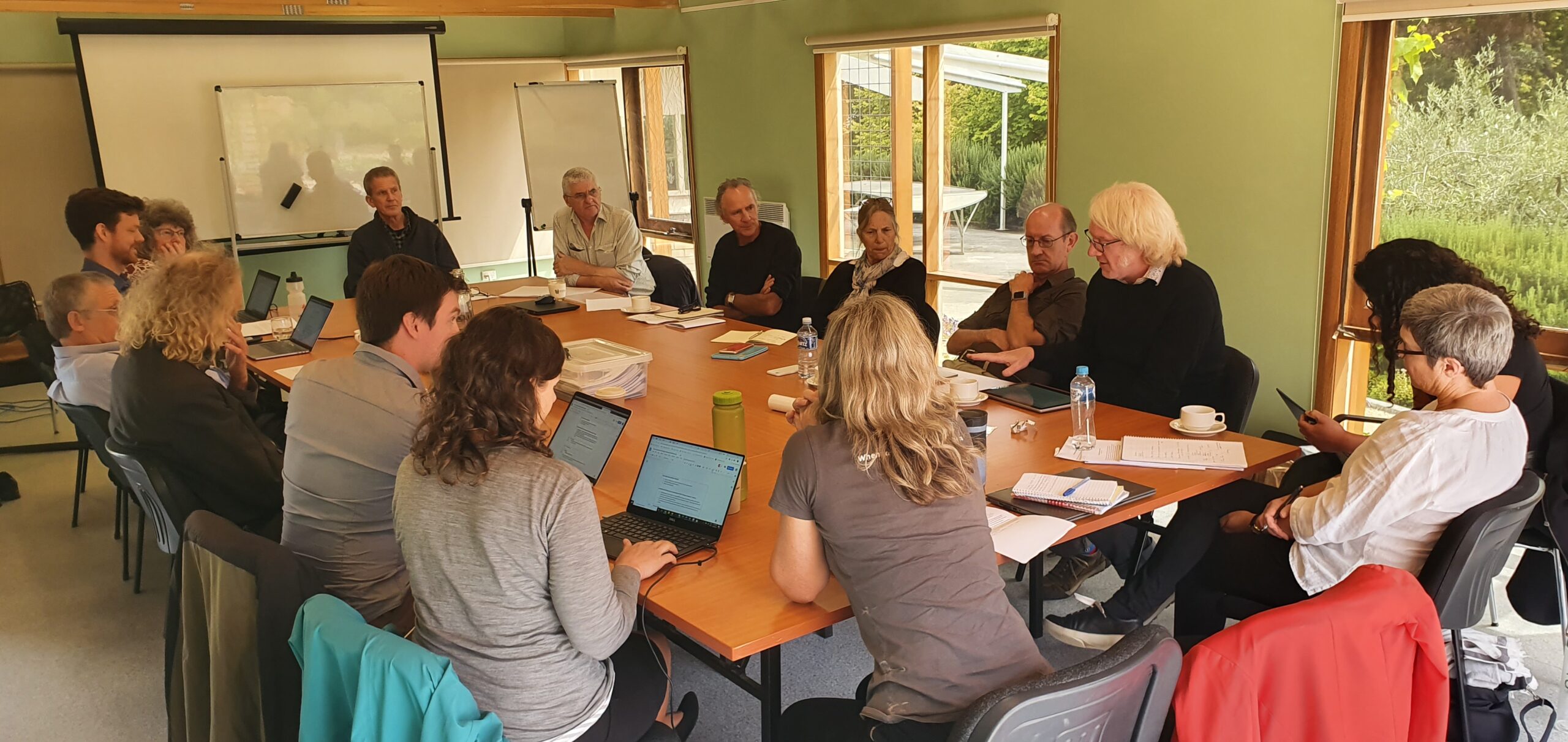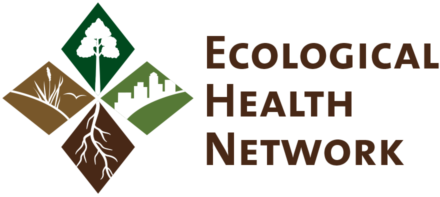On February 18-19, 2020, the EHN organized and participated in a workshop in Hobart, Tasmania, to strengthen and support ecological restoration and its links to human health. The workshop was global in scope, but drew inspiration and insight from restoration efforts and leading research underway across the North and South Islands of Aotearoa/New Zealand, Tasmania, and the Australian mainland. An outcome of the workshop is the the Hobart Declaration, with the core message that ecological restoration activities are good for both ecosystems and people.
The workshop was held at the Royal Tasmanian Botanical Gardens. Organizations represented include:
Gondwana Link (Western Australia)
Great Eastern Ranges Initiative (QLD, NSW and Victoria, Australia)
North East Regional Bioregional Network (Tasmania)
Healthy Landscapes Group, School of Natural Sciences, University of Tasmania (Tasmania)
School of Technology, Environments and Design, University of Tasmania (Tasmania)
Reconnecting Northland (New Zealand)
School of Public Health, University of Adelaide (South Australia)
College of Science and Engineering, Flinders University (South Australia)
Healthy Urban Microbiome Initiative (UK/Global)
Public Health Dorset (UK)
ARC Centre for Mine Site Restoration, School of Molecular and Life Sciences, Curtin University (Western Australia)
People, Cities and Nature Research Programme, University of Waikato (New Zealand)
Sam Fox School of Design and Visual Arts, Washington University, St Louis (USA)
EcoHealth Network (USA/Global)
During the two-day event, which also included site visits and informal gatherings, the workshop participants established the Four Islands EcoHealth Network, representing EHN partners and sites working across the North and South Islands of Aotearoa/New Zealand, Tasmania, and the Australian mainland.
The collaborative strategy of the Four Islands EcoHealth Network addresses the underlying causes of the gap between ecosystem health and human health, with a focus on:
1) Establishing holistic research frameworks which include the robust monitoring of cultural, social and public health benefits of ecological restoration programs.
2) Documenting the beneficial effects that occur when restoration processes are integrated, with attention to human wellbeing.
3) Communicating the results of our findings in an impactful way.

